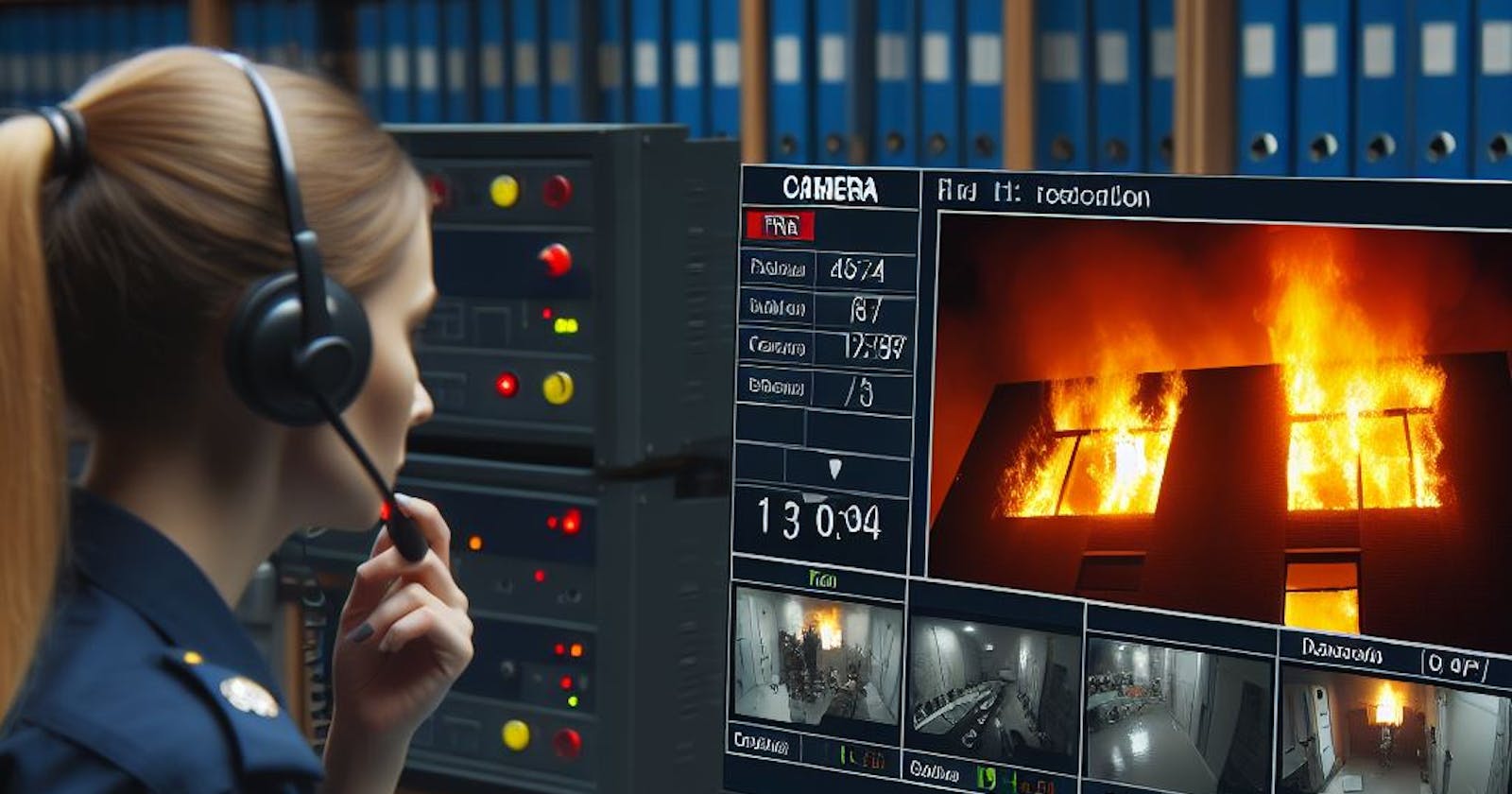Imagine this: you're asleep, dreaming of sandy beaches and gentle waves. Suddenly, a piercing alarm jolts you awake. It's not your phone, it's the fire alarm. But the smoke detector's shrill cries seem distant, drowned out by your pounding heart. In that moment of panic, who takes the reins and ensures your safety? Enter the fire alarm central station, your silent sentinel watching over you while you sleep.
So, what exactly is a fire alarm central station? Think of it as the nerve center for your building's fire alarm system. It's a secure facility staffed by trained professionals who monitor your system 24/7, ready to spring into action the moment they hear the cry of smoke or fire. When your alarm triggers, the signal isn't just echoing inside your building; it's racing to the central station, where swift and decisive action begins.
Here's how it works:
Alarm Activation: Your fire alarm system, equipped with various detectors and sensors, detects smoke, heat, or carbon monoxide. This triggers the alarm panel, which sends a signal to the central station.
Verification and Response: Trained operators at the central station receive the signal, quickly assessing the situation. They might call you or another pre-determined contact to verify the alarm. If it's a real fire, they immediately dispatch the fire department to your location.
Beyond Fire: Modern central stations offer more than just fire department dispatch. They can notify key contacts, activate building systems like elevators and door locks, and even remotely silence the alarm once the situation is under control.
So, why should you consider a fire alarm central station for your building? Here are a few compelling reasons:
Faster Response: Every second counts in a fire emergency. Central station monitoring ensures the fastest possible response from the fire department, potentially saving lives and minimizing damage.
Peace of Mind: Knowing your system is monitored around the clock provides invaluable peace of mind, whether you're away on vacation or sound asleep at night.
Reduced False Alarms: Trained professionals can often distinguish between a true fire and a false alarm, preventing unnecessary fire department dispatches and saving you potential fines.
Additional Services: Many central stations offer additional services like fire alarm system testing and maintenance, ensuring your system stays in top condition.
Now, let's explore some popular fire alarm systems compatible with central station monitoring:
Conventional Systems: These traditional systems use hardwired connections between detectors and the control panel. They're reliable and relatively cost-effective, but lack the flexibility and advanced features of newer systems.
Addressable Systems: These systems assign unique addresses to each detector, allowing the central station to pinpoint the exact location of an alarm. They offer greater flexibility and are ideal for larger buildings.
Wireless Systems: These systems utilize wireless communication between detectors and the control panel, making installation easier and more aesthetically pleasing. They're a good choice for retrofitting existing buildings or for installations where wiring is difficult.
No matter your choice of system, partnering with a reliable fire alarm central station is an investment in safety and peace of mind. Remember, the flames don't sleep, but neither does your 24/7 guardian. Choose a central station and rest assured, knowing you're always protected from the dangers of fire.
Read also:
Cloud NVR Systems: A Comparative Analysis Of Dahua And Hikvision

